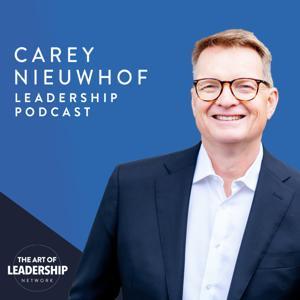Does it matter whether we feel sorry when we ask for forgiveness?
In this conversation, Rabbi Dr. Joshua Berman returns to discuss the surprising findings of his long-term research into forgiveness in the Hebrew Bible. The biblical word slicha (“forgiveness”) appears only in relation to God—not between people. In fact, there is no word for “apology” in biblical Hebrew.
So how were offenses resolved?
Drawing on honor culture studies and examples ranging from Jacob and Esau to Judah and Tamar, Dr. Berman argues that ancient Israel operated within a different moral economy. Reconciliation was not primarily about emotional sincerity or repairing inner feelings—it was about restoring public order and status. Offense disrupted hierarchy; reconciliation restored it.
From duels between Hamilton and Burr to modern military and team dynamics, Berman shows how deeply culture shapes what we mean by “forgiveness.” The result is a paradigm shift that challenges modern Western assumptions about apology, sincerity, and moral transformation.
The conversation concludes with the launch of Dr. Berman’s new podcast, The Bible Bar, dedicated to exploring Scripture chapter by chapter with intellectual and spiritual integrity.
For "The Bible Bar" on Spotify, go here:
https://creators.spotify.com/pod/profile/the-bible-bar/
Or if you prefer the RSS feed:
https://anchor.fm/s/10e77a470/podcast/rss
We are listener supported. Give to the cause here:
https://hebraicthought.org/give
https://thebiblicalmind.org/
Facebook: https://www.facebook.com/HebraicThought
Instagram: https://www.instagram.com/hebraicthought
Threads: https://www.threads.net/hebraicthought
X: https://www.twitter.com/HebraicThought
Bluesky: https://bsky.app/profile/hebraicthought.org
00:00 Introduction and Context of the Conversation
01:04 Exploring Forgiveness in the Hebrew Bible
03:58 Cultural Perspectives on Offense and Forgiveness
07:13 The Role of Hierarchy in Relationships
10:04 Honor Cultures and Their Impact on Forgiveness
13:22 Case Studies: Understanding Offense and Repair
16:15 Conclusion: The Complexity of Forgiveness
18:35 The Dynamics of Status in Jacob and Esau's Relationship
21:08 Understanding Honor Cultures and Their Implications
25:17 The Shift from Honor Culture to Individual Agency
29:29 Modern Applications of Ancient Principles of Reconciliation
33:24 Introducing The Bible Bar Podcast




































